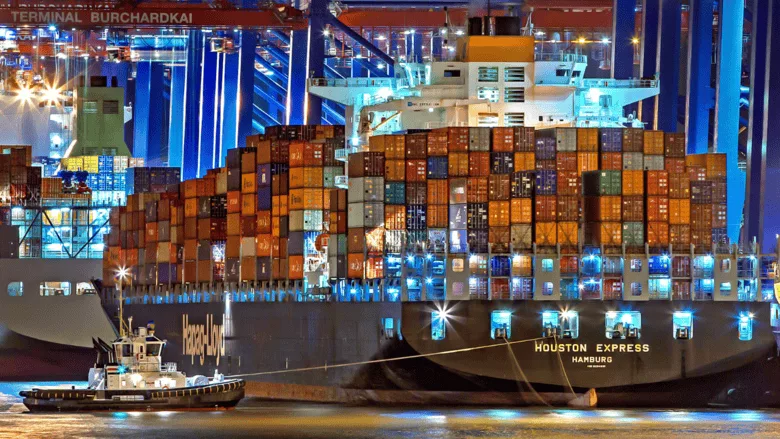Trump's Steel Tariff Surge Rekindles Trade Tensions
Echoes Industry Warnings and Strategic Shifts

Image via Julius Silver from Pexels
In a sharp escalation, President Trump signed an executive order doubling tariffs on imported steel and aluminum from 25 to 50 percent, citing national security and the need to defend American industry from foreign “dumping.” The decision, set to take effect at midnight Wednesday, has reignited trade tensions and raised alarm among North American manufacturers, labor unions, and policymakers.
“In my judgment, the increased tariffs will more effectively counter foreign countries that continue to offload low-priced, excess steel and aluminum in the United States market,” Trump’s order reads. “These actions are necessary to reduce or eliminate the national security threat posed by such imports.”
The move follows a Friday rally in West Mifflin, Pennsylvania, where Trump stood before steelworkers at U.S. Steel’s Mon Valley Works and declared, “They’re dumping garbage steel into our country, and we’re not going to take it anymore.”
The announcement was met with immediate backlash across North America. The Canadian Steel Producers Association warned that the tariffs “will create mass disruption and negative consequences across our highly integrated steel supply chains.” Industry Minister Mélanie Joly confirmed the federal government is considering countermeasures, while Ontario Premier Doug Ford called for 25 percent retaliatory tariffs: “We can’t be kicked around any longer.”
Finance Minister François-Philippe Champagne added, “We’re going to fight for you, we’re going to protect you, and we’re going to build Canada with Canadian steel.”
Flashbacks: Lessons from 2018
This isn’t the first time the drilling and manufacturing industries have found themselves in the crosshairs of trade policy. Back in 2018, the introduction of steel tariffs triggered widespread price volatility and contract disruptions. David King of Kingsland Drill International recounted losing a $30,000 contract due to sudden steel cost hikes, saying, “That was my best customer. Geez, what are we going to do?”
Michael Dynan of Schramm Inc. warned that rig costs could rise up to 15 percent. “We’re going to honor confirmed contracts,” he said then, “but newer ones will be subject to pricing pressure.”
Tom Omli of Geoprobe Systems described tariffs as a “disruptive change,” adding, “We deal with disruptive changes all the time. What we do know is that we want to take care of our customer and our vendors and our people.”
Flashforward: Strategic Adaptation in 2025
The concerns of 2018 have returned, but this time, some companies are more prepared. Franklin Electric, a major groundwater equipment manufacturer, has responded to 2025’s tariff resurgence by aggressively diversifying its supply chain and investing in domestic manufacturing.
“Import tariffs create new challenges and increase costs,” said Andrew Schwarze, Senior Business Unit Director for US/CAN Groundwater Distribution at Franklin Electric. “Our dedicated teams strive to continue evaluating alternatives, innovating, and optimizing our supply chain across our global footprint.”
The company’s strategy includes vertical integration and expansion at U.S. facilities in Canby, Oregon, and Oklahoma, helping ensure steady inventory and cost control amid shifting trade rules.
Omli, now President of Geoprobe Systems, remains cautiously optimistic. “Most of our steel is U.S.-based, but we do use a lot of specialty steel,” he said this April. “We wouldn’t be surprised by some disruptive change — our job is to pay attention and not assume anything good or bad.”
Beyond manufacturing, the economic shock is also being felt in Indigenous communities engaged in resource development. Nations Royalty has stepped in with financial strategies to help weather volatility. “We’re enabling community members to weather this economic storm with financial flexibility,” a spokesperson said, emphasizing support for long-term self-determination and investment resilience.
As U.S. steel and aluminum prices continue to rise — with a 16 percent increase already recorded since Trump’s initial tariffs — both American and Canadian industries face a pivotal moment. Companies like Franklin Electric and Geoprobe Systems are betting on innovation, supply chain agility, and strong partnerships to navigate uncertain terrain.
Schwarze offered a note of perseverance: “As an industry, we’ve faced challenges like these in the past, and we’ve always come out stronger. Drilling is vital to communities, and people need quality, reliable equipment to support it.”
The coming months will reveal whether these adaptive strategies will soften the blow of what many are calling a new era of industrial trade warfare.
Looking for a reprint of this article?
From high-res PDFs to custom plaques, order your copy today!





